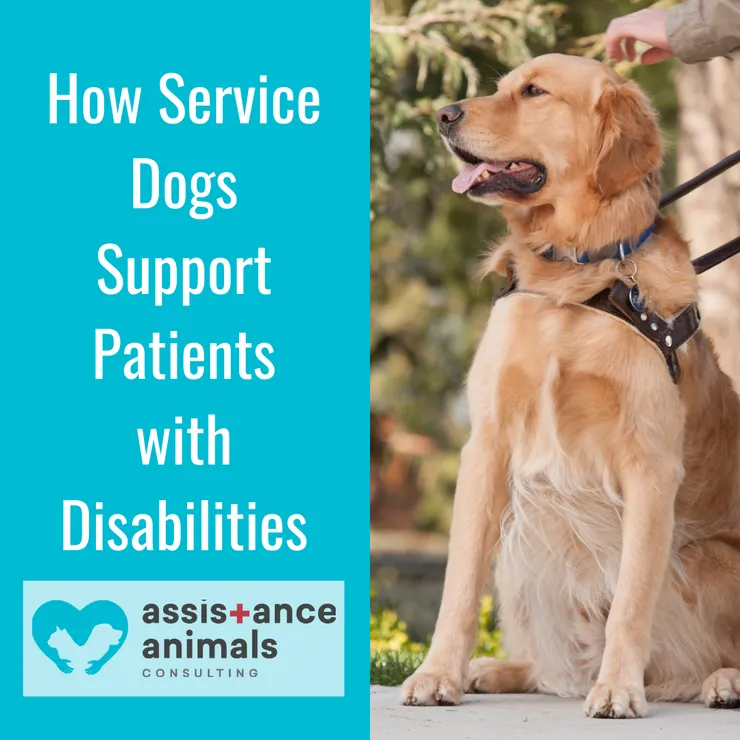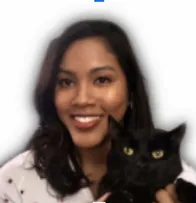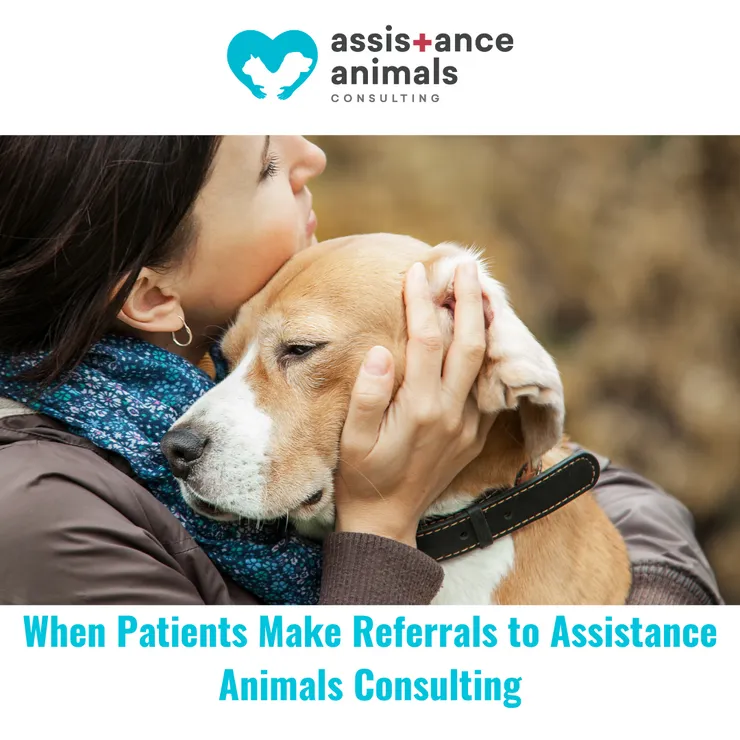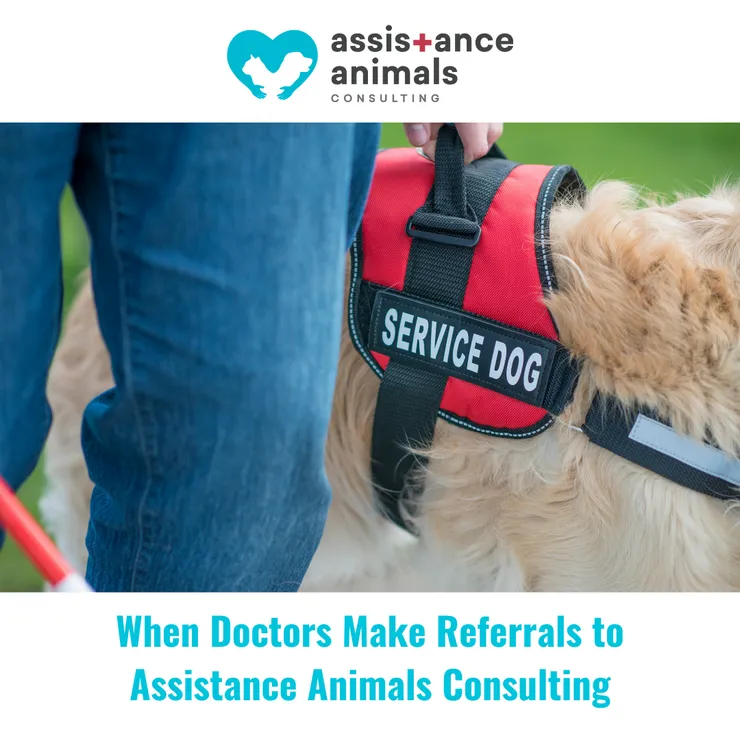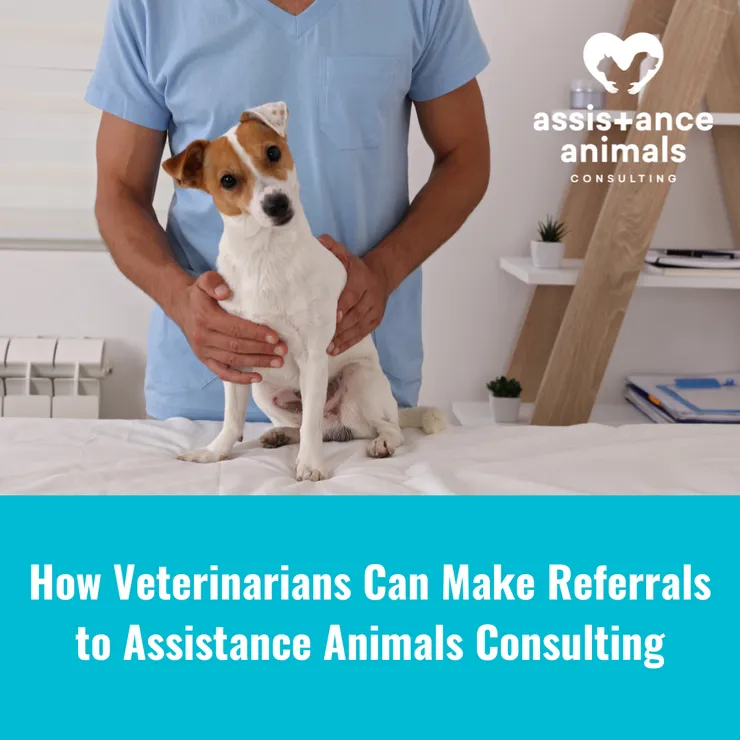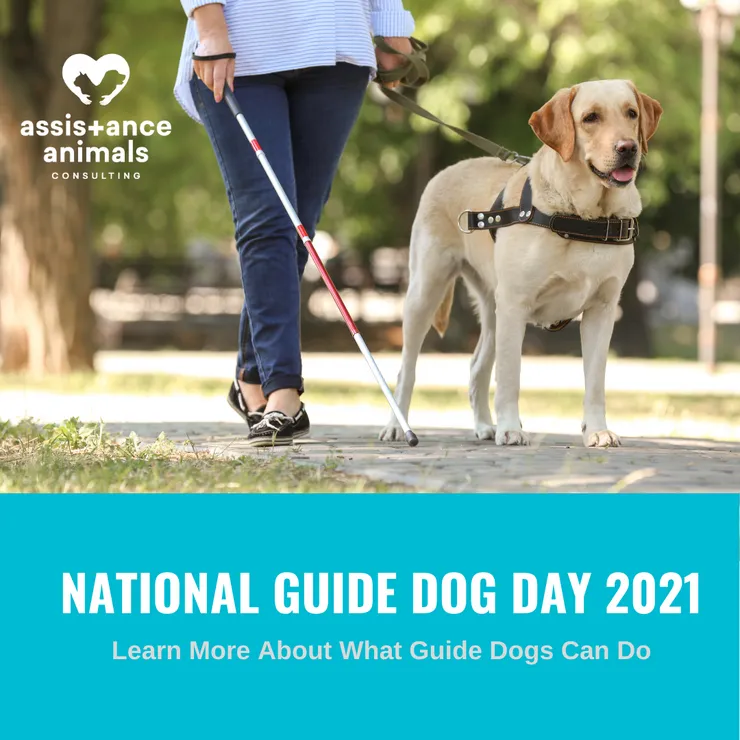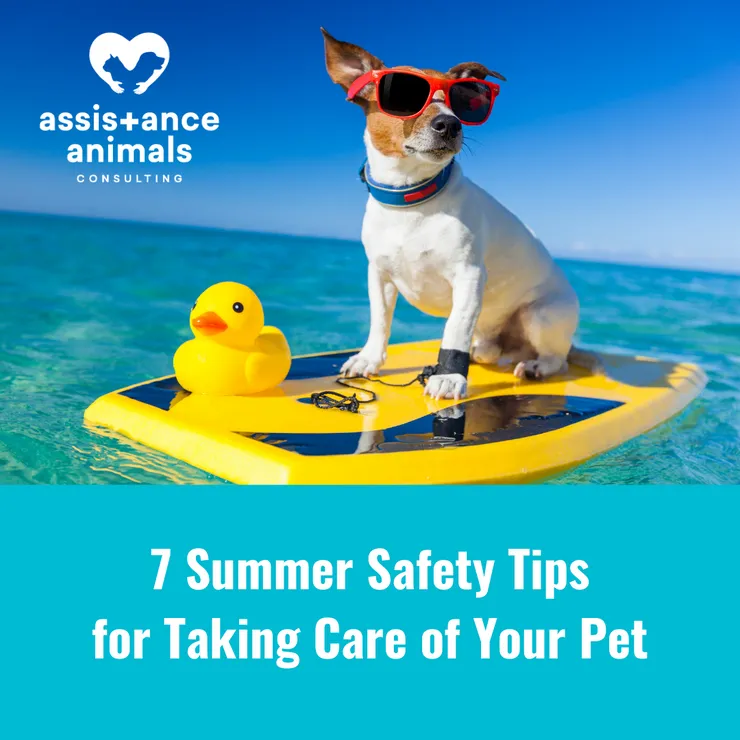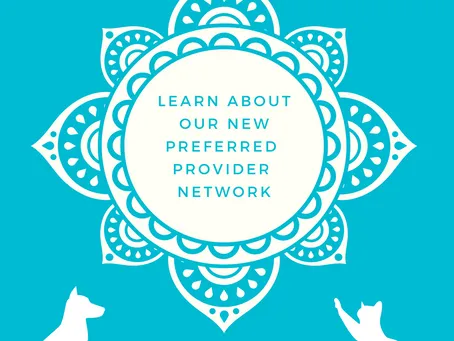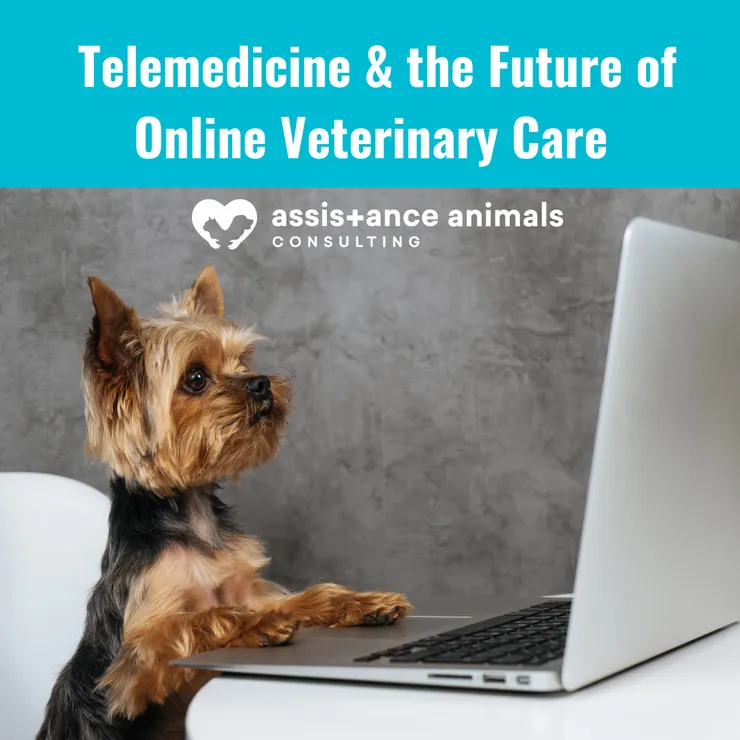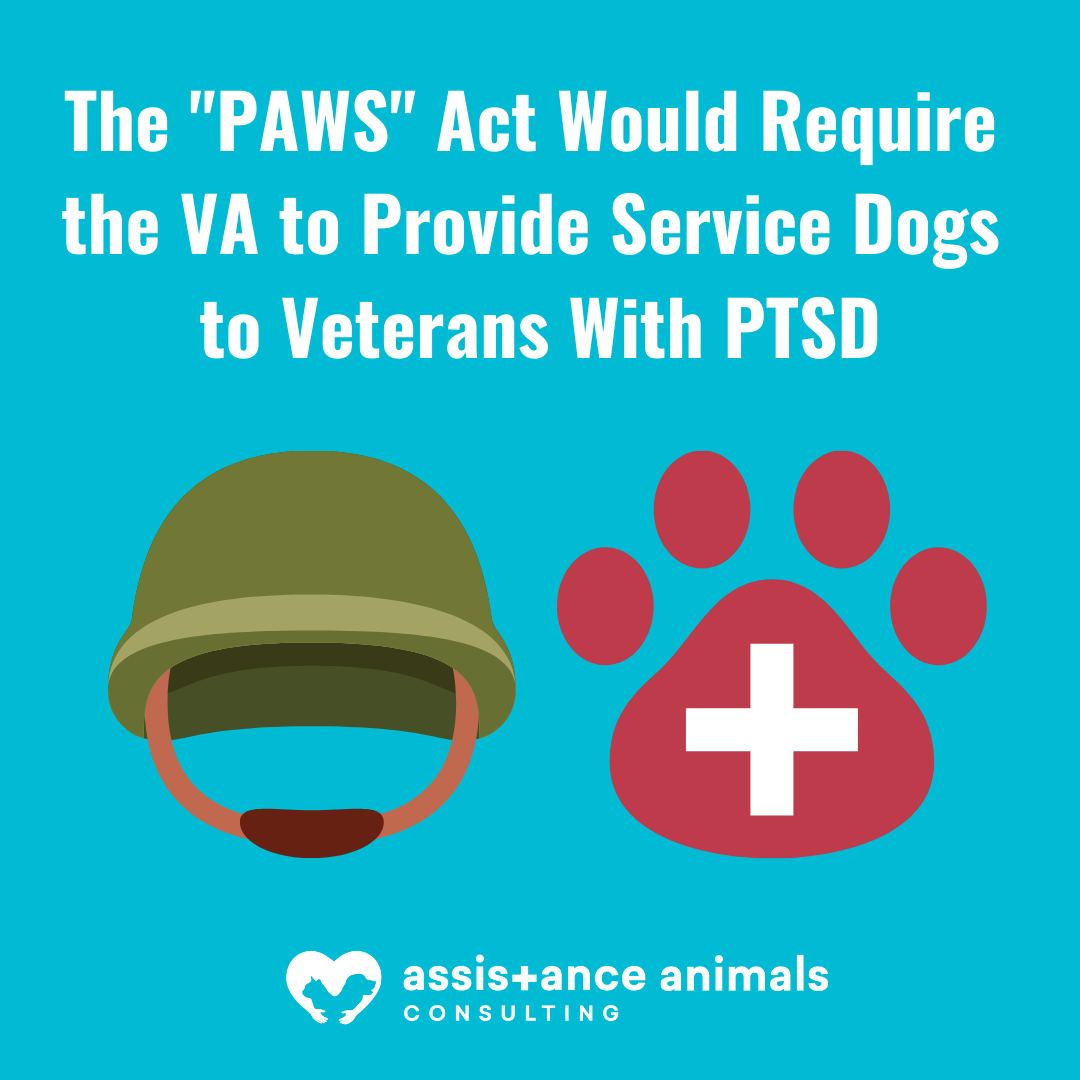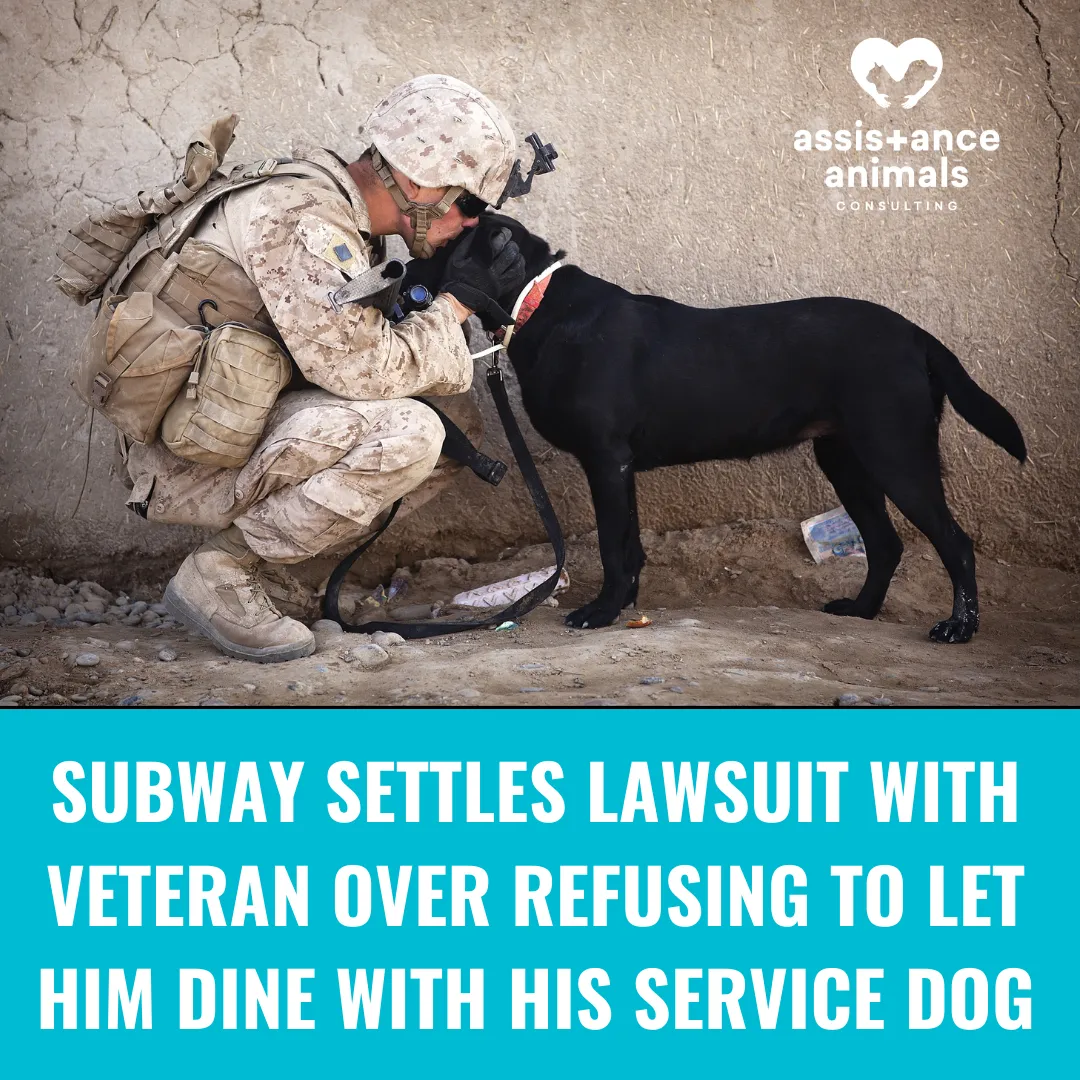Souci Louis, VMD, MPH, works as a companion animal veterinarian at a clinic outside of Atlanta, Georgia.
What’s Going On? A Tune About Racism in Veterinary Medicine
What’s Going On? A Tune About Racism in Veterinary Medicine
This post was written by Souci Louis, VMD, MPH. Souci works as a companion animal veterinarian at a clinic outside of Atlanta, Georgia.
As a recent veterinary graduate of the class of 2020, I want to prompt reflection on current events from a global pandemic to a national uprising against racial violence. While I can’t speak personally for all black professionals, here are my experiences for how I believe we got here, how we can cope, and how we can move forward.
My journey to become a veterinarian started long before I even learned how to spell the word veterinarian as a child. Though achieving childhood dreams usually involves its fair share of challenges along the way, I was actively discouraged. I was told time and time again, that I didn’t have what it takes to get into veterinary school, or that I didn’t look like I was dedicated enough to do the required work. For a long time, I almost allowed myself to believe these falsehoods. I wondered why things were so difficult for me personally, when it seemed like my peers faced no problem getting the experiences, mentors, and other tools necessary to step foot in the door of vet school acceptance.
Once accepted into school, I noticed that not only were there few people in the room that had my skin color, but there was barely any representation for underrepresented minorities. What’s going on? Maybe it was just the room I told myself. It was just this room, this class, this school, this region...I tried to desperately rationalize why at an esteemed institution, I felt so obviously out of place.
As I cycled through my four years in medical school, I quickly realized how intertwined racism is in our professional institutions. I have seen faculty doubt the ability of black students to excel in such a rigorous program, yet support other students met with failure in these scenarios with additional tools for success. How did we get here? I have witnessed privileged members of my profession express discomfort with volunteering in underserved communities (aka communities of color). To compound this, I have consistently been mistaken for a vet tech instead of a member of the clinical veterinarian team.
I began to wonder whether these experiences were isolated incidents. I connected with other minority veterinary students across the country, who revealed that these stories were not shocking to them as they too have had similar experiences. We bonded over the frustration of pursuing an elite career meant to serve the community at large, while fighting the challenges with overcoming institutional racism. We all asked ourselves how did we get here?
How do we live here?
It is clear that the veterinary profession, like most occupations in this country, evolved from this nation's relationship with racism. Systemic racism in this country is not a new concept, and it certainly is not new to veterinary medicine. This is how we got here. But how do we live here?
In this time where the voices of many veterinary leaders have fallen silent, the experiences of the underrepresented are being echoed louder than before. The hurtful words from a client that “my dog doesn’t like black people"; The equine or dairy owner that seems to trust your less experienced white male counterpart more than you to manage his barn. The rescue organization that feels passionate about advocating against animal abuse but remains uncomfortably quiet when discussing issues of human rights like immigration or police brutality. The scientist at a symposium who seems to question the value of a black researcher’s work yet responds more favorably to a presentation from a white colleague in the same lab. The academic administrator that promotes white cis male colleagues to tenure, while viewing black female qualified candidates as ‘aggressive’ or having an ‘attitude problem’ that must be adjusted for further consideration. These stories are surprising to some, but to many, it’s only a glimpse into the many racially charged experiences we’ve shared before. How do we live here?
In the face of a global pandemic due to a zoonotic infectious disease, our profession quickly adapted to answer the call as essential workers and pivot to provide the best care for our animals and the nation. Clinicians turned to curbside service and telehealth medicine to remain a source of healing for clients and animals. Educators created online curricula and sources of CE to keep students and professionals learning. Researchers worked overtime to discover more about coronavirus impacts. Public health officials steadfastly drafted policy to ‘flatten the curve’ and secure our resources.
Yet, in the face of a national uprising against longstanding racial violence and disparities in this country, our profession is not as adaptable. Similar to the nature of SARS-CoV2, many of us were complicit with the “diversity problem” in veterinary medicine even after being called out as “the whitest profession.” These monumental events do not happen overnight. But then why is it that the profession is not adapting to these called out injustices as quickly as we have to the coronavirus pandemic? As many have stated time and time again, racism is a public health issue and we swore an oath to promote public health.
Where do we go from here?
Before you listen to these stories and immediately contact your black and underrepresented colleagues with words of sympathy—pause. These unsung heroes of our field deserve appreciation, support, and fellowship for their struggles, not empty apologies and broken
promises of change to come. I’m proud of who I am—a black woman, a daughter of immigrants, and the first doctor in the family. Four difficult years and a virtual graduation later, I made it. I succeeded in becoming the newest installation of the 2% of black veterinarians in the United States. A statistic that showcases the lowest amount of black representation out of all healthcare provider careers. The struggles I’ve endured to enter this profession dishearten me, but they don’t discredit the joy I share with my community.
What can we do to really change this problem and adapt to this issue at hand like we have done for coronavirus? Listen to the organizations such as VOICE (Veterinarians as One Inclusive Community for Empowerment) and MCVMA (Multicultural Veterinary Association) that have continued to push forth initiatives and uncomfortable discussions of the necessary changes. Create more spaces around you to discuss how these issues affect your schools, your businesses, and your families today. Demand better policies and statements from the AVMA (American Veterinary Medical Association), and other veterinary organizations in this realm.
Design new protocols to effectuate change while giving those affected a seat at the table. Support intersectionality and break barriers by addressing the multiple factors that marginalize people involved in this profession. Acknowledge the systemic injustices of the past and accept the responsibility to do better in the present and future.
For over 20 years, I have waited for the veterinary profession to take that bold statement, and truly face and fight the systemic racism that exists in the field. That time is now. Open the floodgates because the next generation of veterinary professionals is here, and we won’t take
no for an answer.
